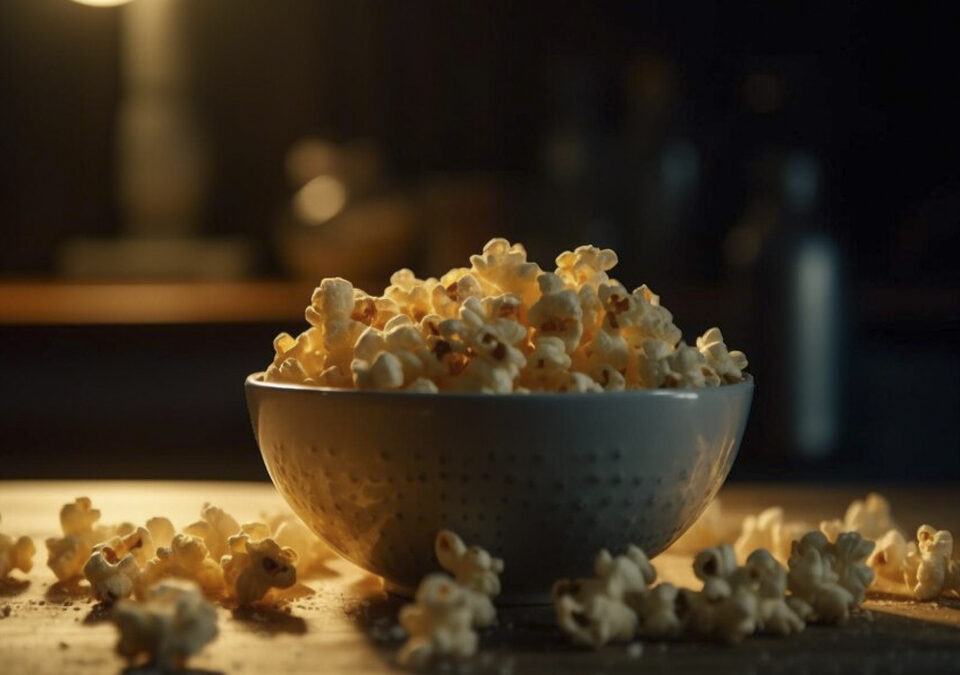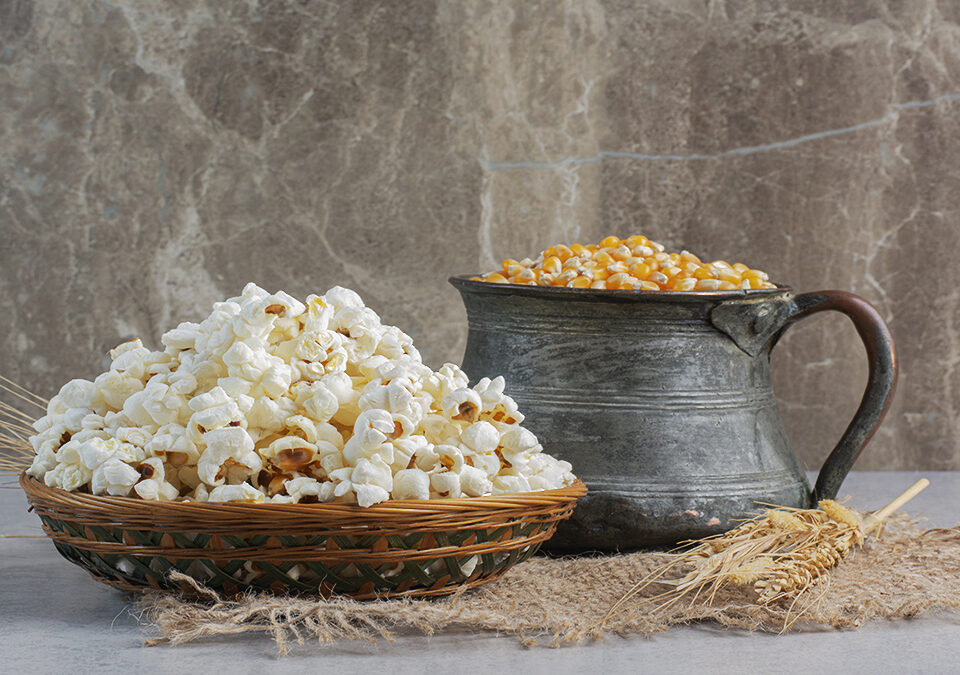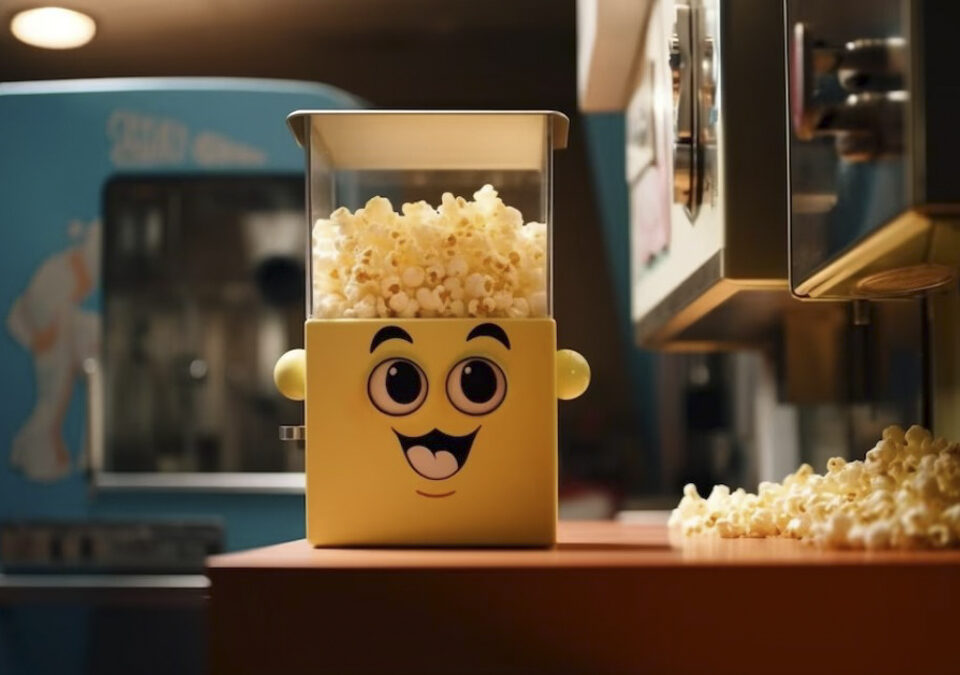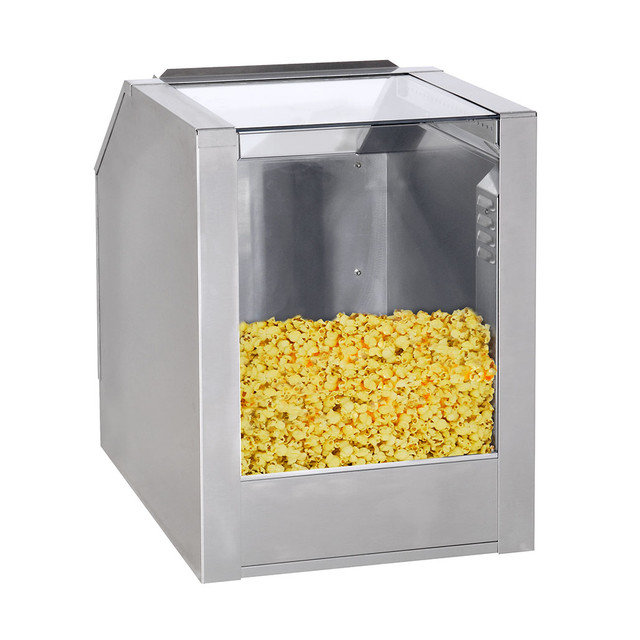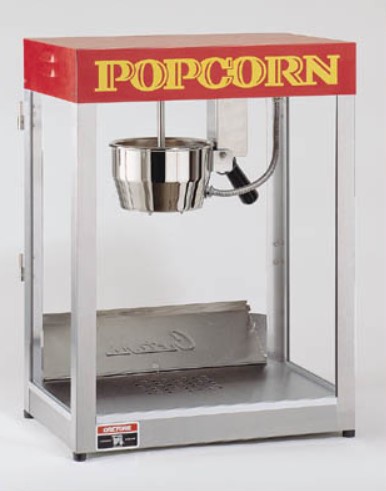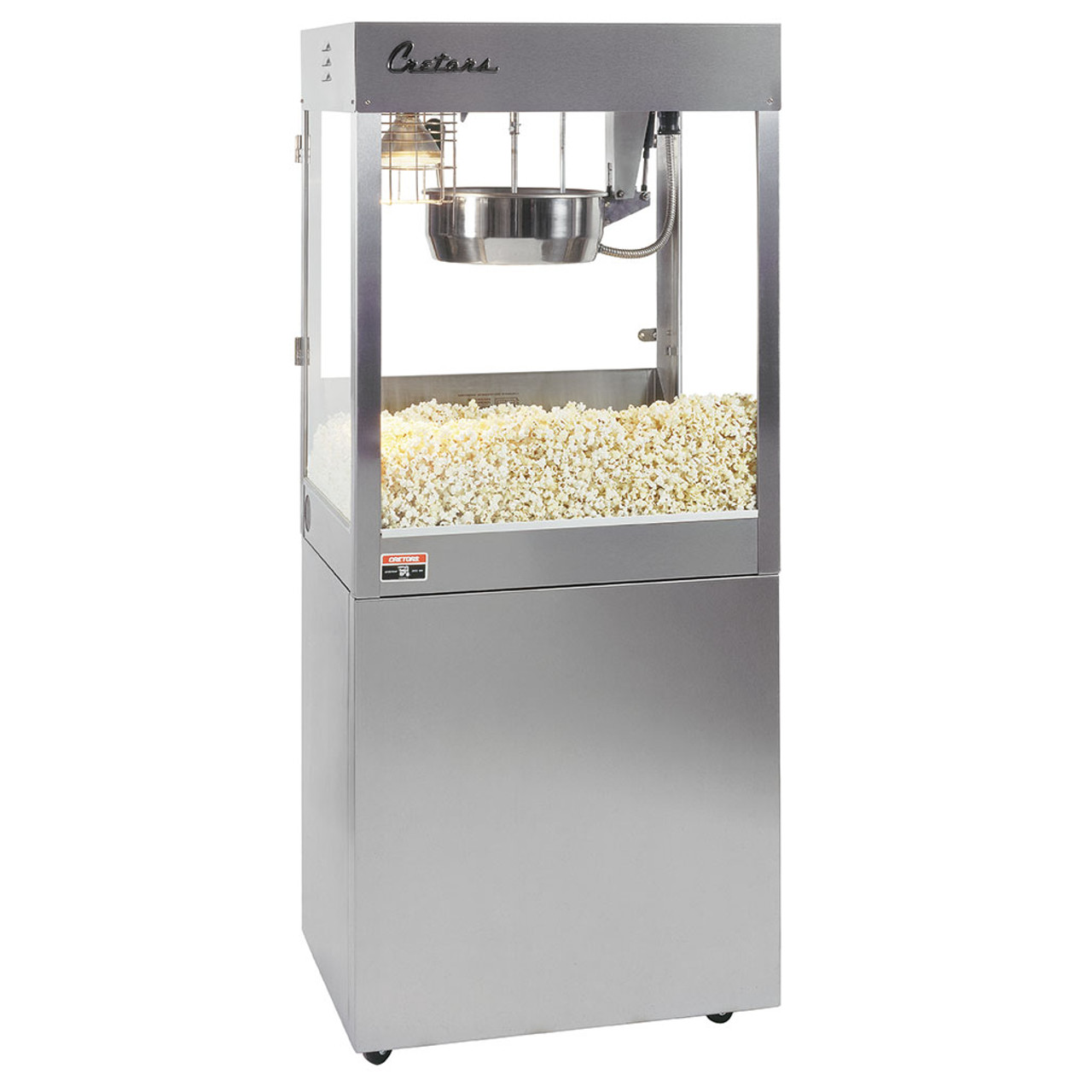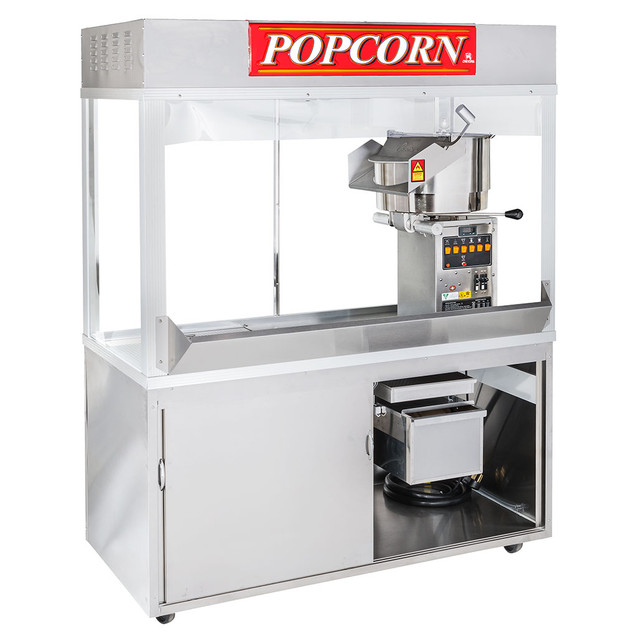Why Popcorn Pops: A Delightful Guide?
The Fascinating Science Behind Popping Popcorn: An Enjoyable Exploration
Popcorn, an iconic companion to home movie nights and a staple synonymous with cinema outings, has delighted movie enthusiasts since the Great Depression. During that era, popcorn vendors peddled these corn kernels outside movie theater entrances, offering an affordable treat that continues to captivate audiences today.
There's an unparalleled joy in grasping a handful of popcorn, whether seasoned with sweetness, saltiness, or both if your taste buds lean that way. The pleasure lies in savoring these delightful morsels while immersing oneself in the latest blockbuster or a timeless classic. Yet, it can be a tad vexing when you reach the bottom of the bag, or worse, you encounter an unexpected crunch that momentarily makes you wonder if you've damaged a tooth—only to realize you've stumbled upon unpopped corn kernels. These are the kernels that could have transformed into wonderfully light and fluffy pieces but, alas, they either test your dental resilience or find their way into the waste bin. The question arises: why do some corn kernels miss out on the popping process, and what is the science behind popcorn's delightful pop?
The Secret to Popcorn's Popping The answer is all about heat, although it's a bit more complex than it may seem. Firstly, you must start with the right kind of corn for popping, as not all corn varieties are created equal. Popcorn is derived from a specific type of flint corn featuring a tough outer shell and a soft, starchy center—remember this starchy center; it plays a pivotal role later on. Achieving the perfect popping temperature depends on the moisture content within the corn kernel and the rate at which heat is applied. It turns out that popcorn has its own Goldilocks complex, with the optimal kernel moisture content hovering around 14%.
The Optimal Popping Temperature The ideal temperature for popcorn popping falls between 400-460 degrees Fahrenheit. At this temperature range, the water contained within the popcorn kernels transforms into steam, exerting pressure and causing the starch cells to expand and become foamy. Upon cooling, the starch (remember its importance) solidifies, but in a foam-like state, which is why popcorn possesses its airy and fluffy texture. This pressure buildup happens swiftly, and when the kernel's hull can no longer contain it, the popcorn bursts forth, creating the familiar "pop" sound. This remarkable process is what makes popcorn pop, ultimately giving us the delectable treat we all adore.
Elevate Your Popcorn Experience with C. Cretors and Company Those unfortunate kernels at the bottom of the bag either lacked sufficient moisture or failed to reach the necessary temperature to pop. Now, you have a deeper understanding of what lies behind the magic of popcorn popping.
With our assortment of concession equipment, you can ensure your popcorn reaches the right temperatures, allowing each corn kernel to fulfill its potential by blossoming into a fluffy, delicious snack cherished by all. We offer a variety of poppers, from compact to large, in diverse styles, along with popcorn cabinets, and essential popping supplies like our delectable butter-flavored salt and cheese pastes. Moreover, we provide all the cleaning supplies necessary to keep your poppers in optimal condition. Whether you're in need of a popcorn popper for your business, home theater, concession stand, or simply seeking more information, don't hesitate to contact us today. We're here to enhance your popcorn-popping experience.
In summary, popcorn has remained a beloved snack for movie enthusiasts since the Great Depression, with its roots traced back to street vendors outside movie theaters.
While enjoying a bag of popcorn, it can be frustrating to encounter unpopped kernels, prompting the question of why this happens and what causes popcorn to pop.

